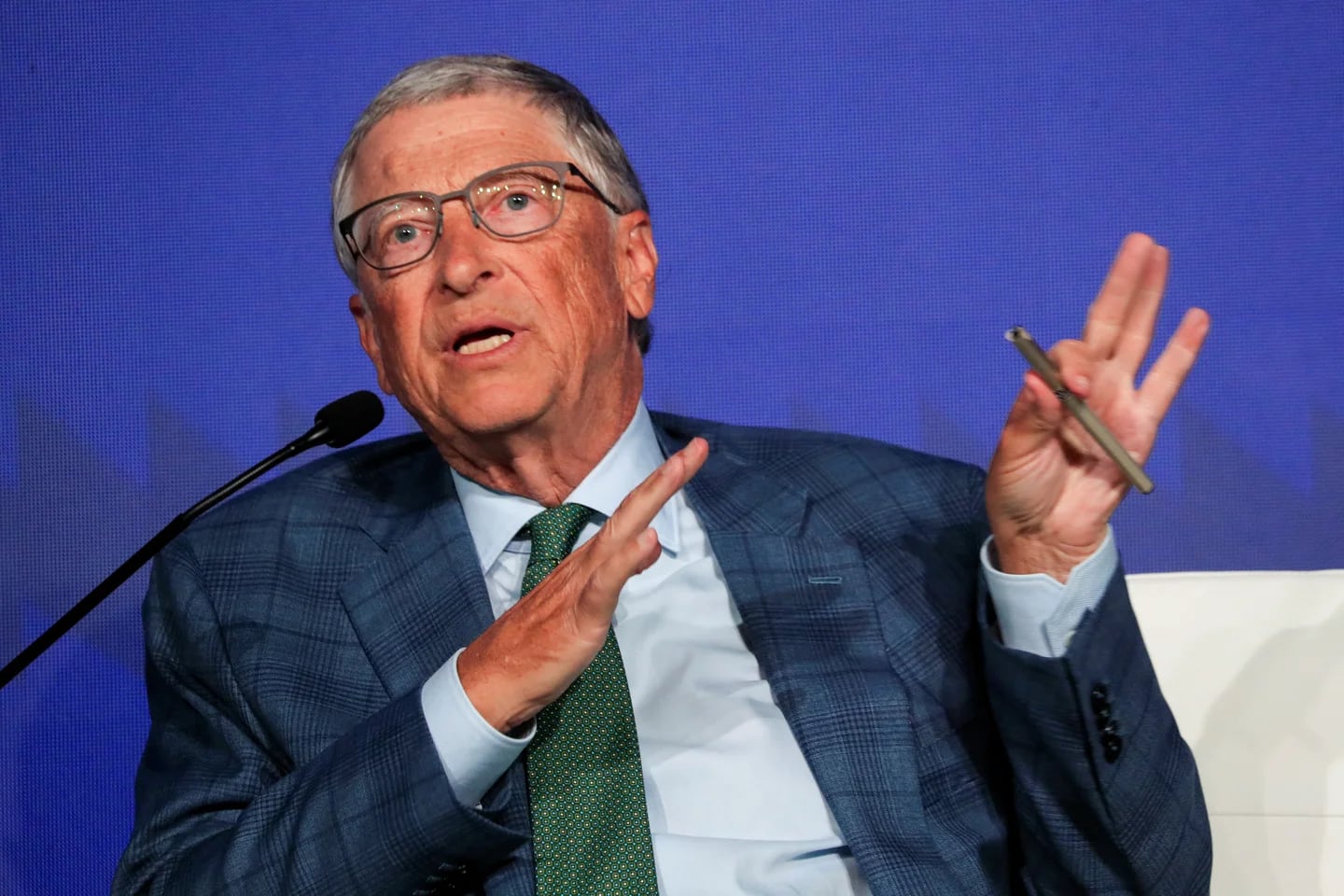
Bill Gates is known for his ability to predict technological advancements and their impact on society. Since leaving his role at Microsoft in 2008, Gates has devoted his time to philanthropy and investing in high-risk technology projects.
Among his different interventions in events around the world he has been analytical of the future that may await humanity. Artificial intelligence (AI), smartphones and new forms of online commerce are some of the predictions in which the businessman has been right.
Below are several predictions that Bill Gates made in the past, and how these with the advancement of technology were fulfilled.
How Bill Gates Predicted the Impact of Artificial Intelligence
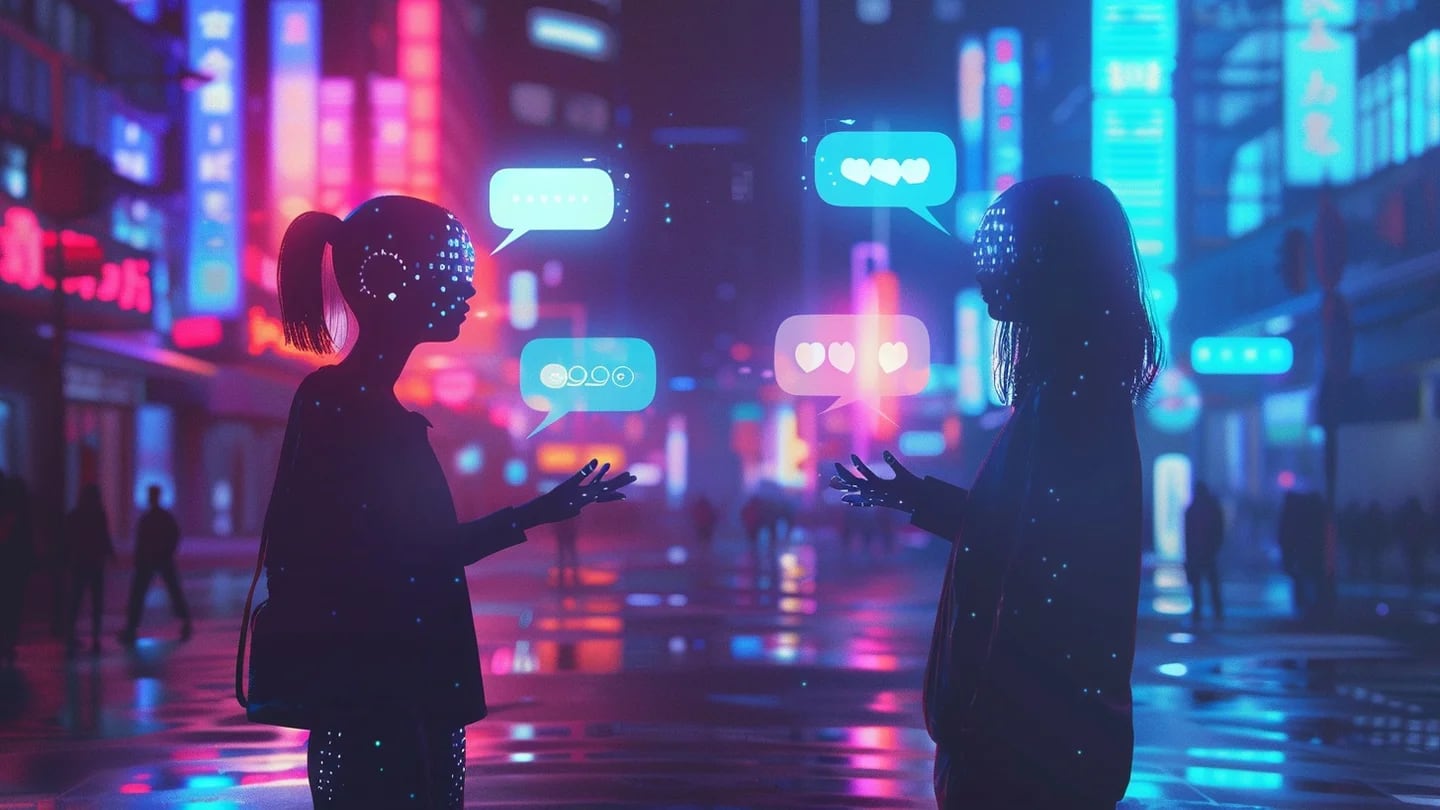
Gates anticipated the mass adoption of artificial intelligence, which is already beginning to be seen with tools such as ChatGPT and Copilot. These AI-based systems are transforming industries as diverse as education, customer service, and digital content creation.
ChatGPT, for example, can hold coherent conversations in multiple languages, assist in writing documents, and even tell stories, while Copilot helps programmers by suggesting lines of code and simplifying software development.
Gates has highlighted the positive aspects of AI, noting its potential to improve everything from healthcare to energy efficiency.
Bill Gates’ vision of a new AI-influenced job market
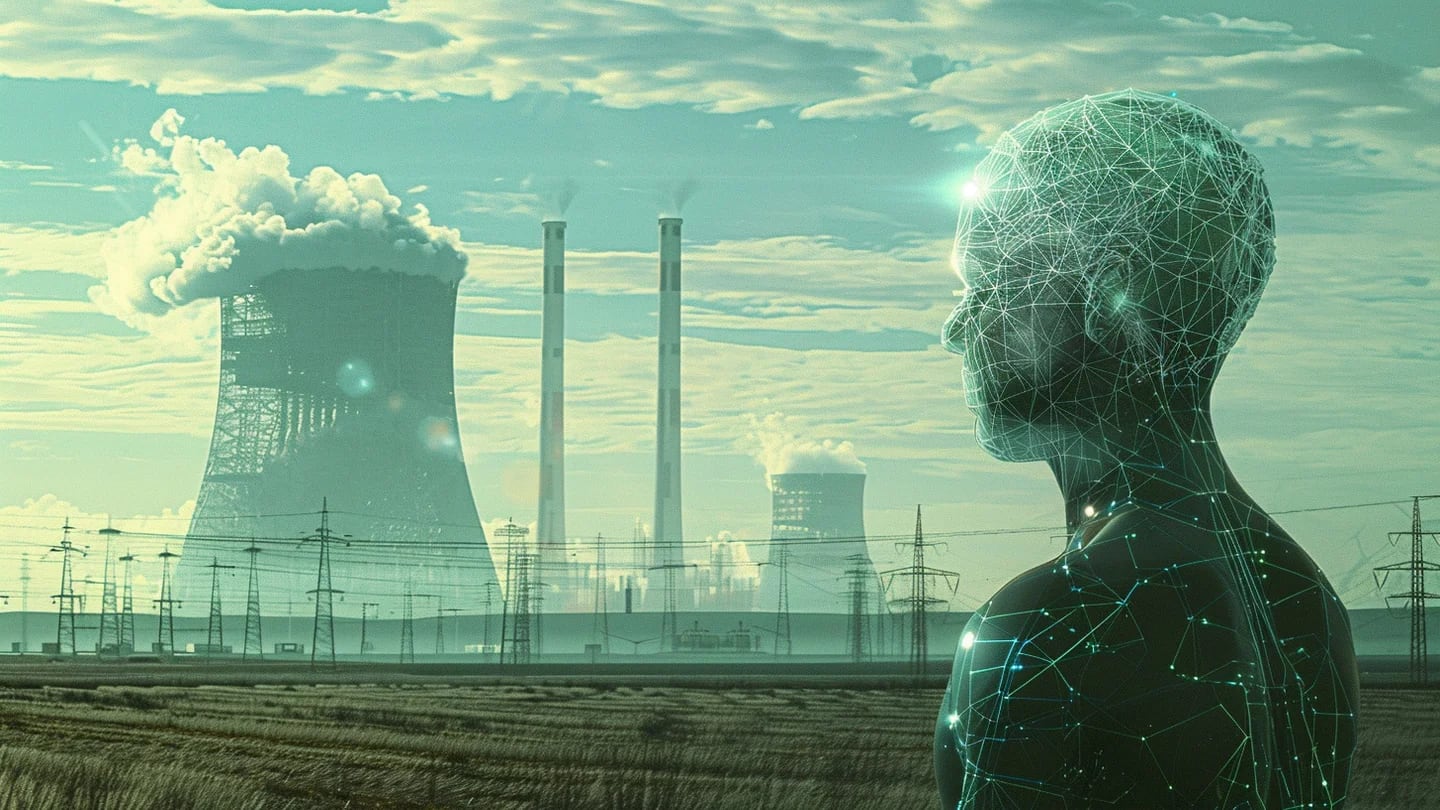
Among his most discussed projections, Gates has been an advocate of the universal minimum income (IMU) to mitigate the impact of unemployment caused by automation and artificial intelligence on the labor market.
Automation promises to increase productivity and reduce costs, but it also poses significant risks, such as the disappearance of traditional jobs.
The United Methodist Church proposes to offer all citizens an unconditional basic income, ensuring that no one is left behind during the transition to an increasingly automated economy.
Gates has argued that an IMU could provide a safety net for workers displaced by these technologies, allowing them to retrain and adapt to new job opportunities.
Bill Gates and the Advent of Smartphones
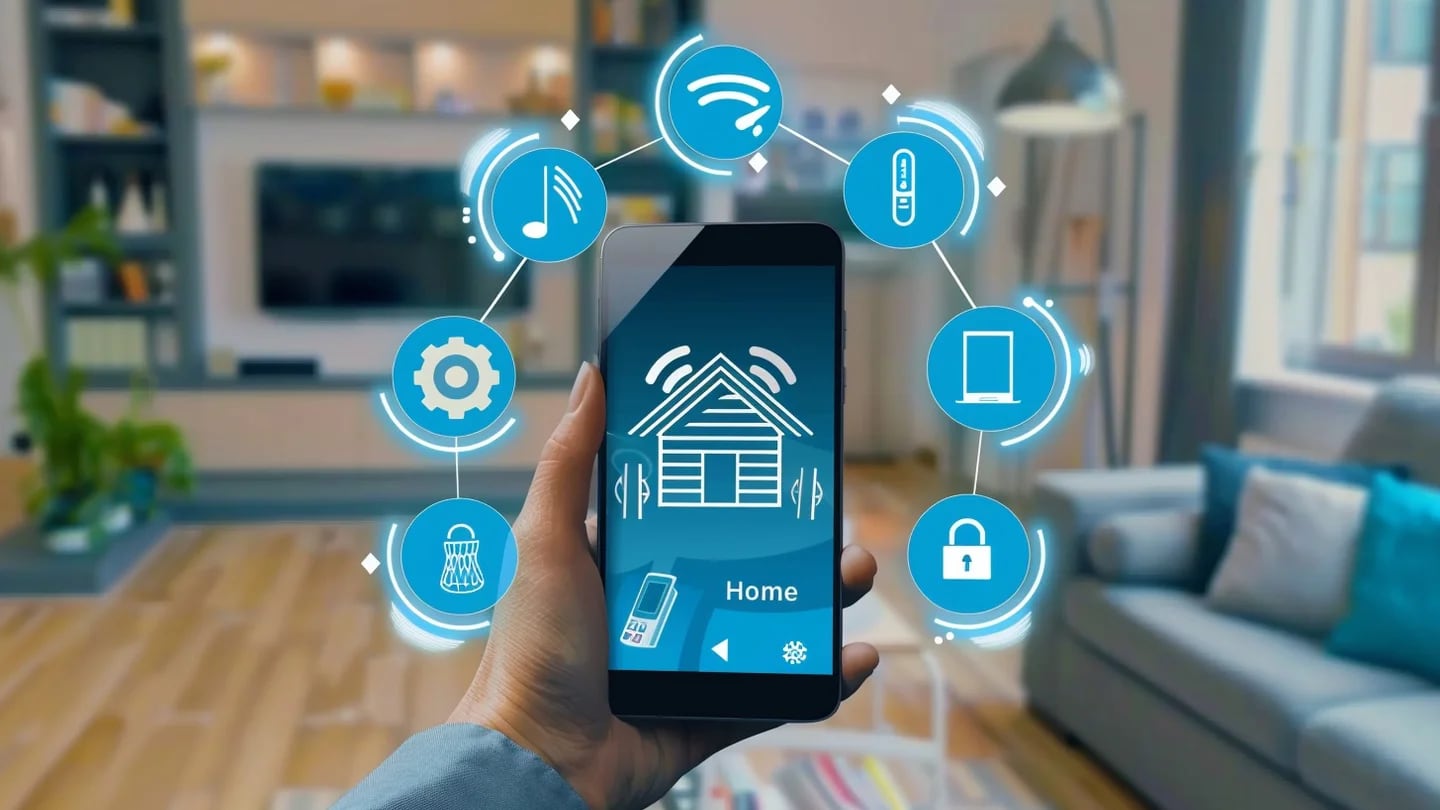
One of its most outstanding successes is the prediction about smartphones. Before the iPhone revolutionized the market in 2007, the entrepreneur had already imagined compact and portable devices with touch screens, capable of performing multiple actions beyond making phone calls.
In interviews and conferences, Gates spoke of small electronic devices with which multiple actions could be performed from a screen, anticipating the creation of the iPhone by Steve Jobs.
How Bill Gates Talked About Ecommerce
Gates also anticipated the growth of the internet and how this network of networks would become an essential platform for conducting all kinds of business transactions, from basic purchases to medical services.
In the late 1990s, when many still considered the internet a novelty or a luxury, he envisioned a future in which the Internet would be the backbone of global commerce.
His prediction has been more than fulfilled, because food, clothing, electricity and even insurance are currently bought through the web.
Bill Gates and advances in health technology and climate change
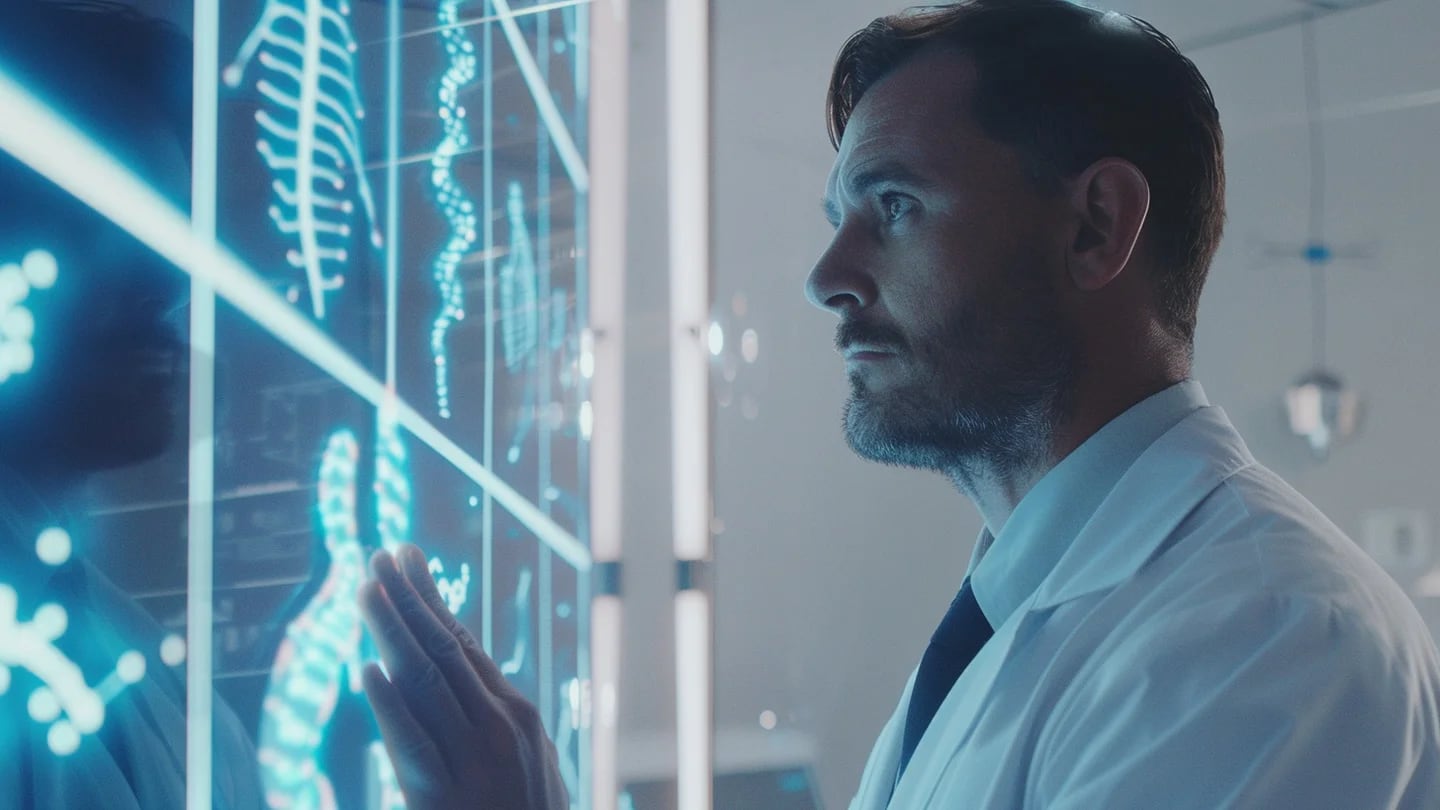
Another of the predictions included messenger RNA vaccines, a technology in which it has invested since 2014, which became key to combating the COVID-19 pandemic.
His early investments in companies like Moderna were crucial to the rapid development of COVID-19 vaccines, which are currently saving lives around the world.
Similarly, Gates’ futuristic vision isn’t limited to consumer technology and work. He also spoke about climate change, the need for renewable energies and the development of new technologies to deal with environmental crises.
His pronouncement on several occasions offers a roadmap to reduce greenhouse gas emissions and promote sustainable practices.

Comments